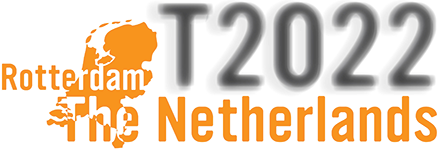T2022 will bring together experts in alcohol, drugs and traffic safety who operate in the fields of law, law enforcement, toxicology, pharmacy, medicine, psychology, traffic safety, public health and administration. The goal of the meeting is to develop a better understanding of the current problems with identifying, educating and prosecuting drivers under the influence of alcohol or drugs (licit or illicit) and to evaluate strategies to reduce driving under the influence. Identification of psychoactive substances in motor vehicle crashes relies on complementary evidence from experimental and epidemiological research. The role of experimentation is to document the nature and extent of impairment produced by specific dosages and concentrations of particular drugs. The role of epidemiological studies is to determine the extent to which drugs contribute to motor vehicle collisions. Current and future challenges of experimental and epidemiological researchers include the identification and evaluation of hundreds of novel psychoactive substances (NPS) that have entered the (illicit) drug market as well as the classification of impairing properties of new generations of medicinal drugs to treat CNS disorders.
Efforts to deal effectively with driving under the influence of alcohol and drugs involve a combination of legislative initiatives, enforcement practices and prevention activities. In part, these efforts have been successfully modelled on experience with measures introduced to control the drink-driving problem. Yet with the increasing problem of drugged driving, novel challenges with respect to reliable detection of the presence of drugs in bodily fluids and roadside assessments of behavioral impairment have evolved. As a consequence, implementation and enforcement of drugged driving laws has generated strong debates on efficacy and significance of such measures that need to be resolved in the coming years.
T2022 will be centered around these scientific challenges in close collaborations with the working groups of ICADTS and researchers from around the world on:
- Illegal Drugs and Driving including Designer Drugs
- Prescribing Guidelines for Medicinal Drugs and Driving
- Clinical Signs of Impairment for Drugs other than Alcohol
- Driver State Monotoring Systems and Road Safety
